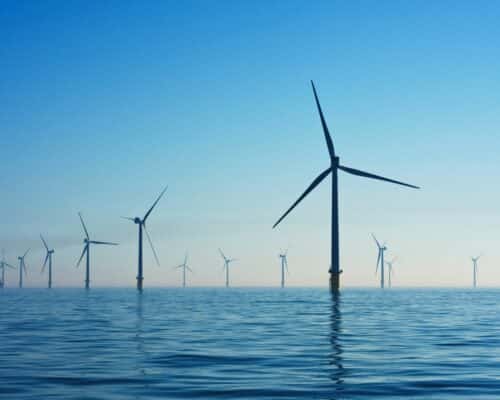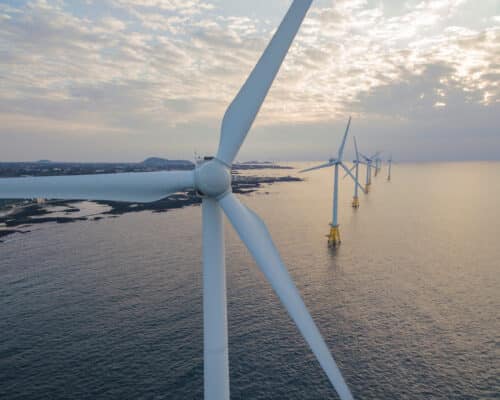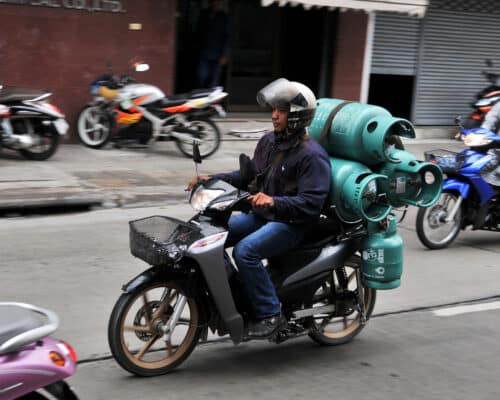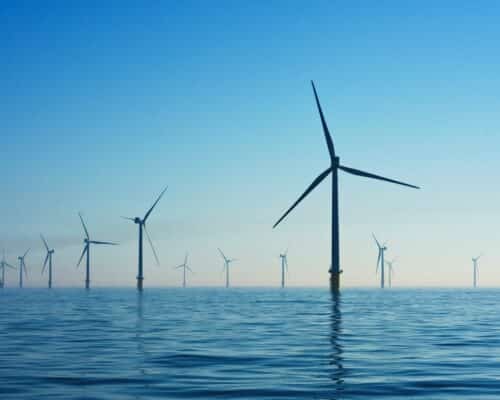Features

Japanese Megabank MUFG Continues to Bankroll Fossil Fuel Development
Global financial institutions are still funding fossil fuel projects despite warnings over climate change. Japanese megabanks, for their part, continue to top the list. Mitsubishi UFJ Financial Group (MUFG), Mizuho and Sumitomo Mitsui Financial Group (SMBC Group) ranked among the 10 worst in fossil fuel funding in 2023.
Can Green Hydrogen Decarbonise Asia?
Hydrogen has long been promised as a clean fuel source with the potential to aid in transitioning away from fossil fuels. A recent report by the High-level Policy Commission on Getting Asia to Net Zero and the Asia Society Policy Institute highlights how green hydrogen could help decarbonise global steel production in Asia's major economies. Green hydrogen could have a significant impact in this prime sector.

Hydrogen’s Role in the Asia Pacific’s Energy Transition
Experts warn that achieving net zero in less than 30 years requires an increased focus on efficient and commercially available solutions like solar and wind, not conceptual ideas like hydrogen.

Wind Energy in Japan: Prospects, Benefits and Future
While Japan’s government increasingly considers wind energy a viable option, the progress is still sluggish. Accelerating it requires addressing various administrative burdens and introducing more ambitious policies.
The Renewable Energy Policy in Vietnam Risks Deterring Investors
Maintaining a healthy ongoing dialogue with clean energy investors and project developers is critical if Vietnam is to get back on track and continue stunning the world with its renewable energy progress.

South Korea’s Energy Mix and Its 10th Basic Energy Plan
South Korea's decarbonisation progress so far makes hitting its 2030 and 2050 targets unrealistic. In its current form, the 10th Basic Energy Plan that will come into force this year is unlikely to change that. The country needs more ambitious renewable energy targets, a sentiment also echoed by South Korea's biggest businesses.
Malaysia’s Energy Transition: Challenges and Opportunities
Malaysia has great potential for clean energy alternatives like solar and hydropower. On paper, its energy transition is already mapped out. The question is whether it will follow this path or lock itself into a future of fossil fuel energy dependence.

Southeast Asia’s New Gas Projects Hit Record High, Report Shows
Southeast Asia is ramping up investment in new natural gas fields. However, this new gas emits even more CO2 emissions when used for the region's power sector. Renewables offer both a cheaper and more environmentally friendly alternative.

Battery Energy Storage Systems Development – ASEAN Members Fall Behind
Battery energy storage systems (BESS) are becoming an integral part of the global push to develop renewable energy sources to rein in carbon emissions from fossil fuel-based power projects. However, the Association of Southeast Asian Nations (ASEAN) bloc is falling behind in technology implementation due to a lack of awareness and policy initiatives.

Environmental Issues Around San Miguel Corporation Deter Investors
In one way or another, SMC is a part of the daily life of many Filipinos and its actions have serious implications. Financiers and investors should be wary of this.
Bangladesh’s Energy Scenario in 2024
As Bangladesh recovers from energy shortages in 2022, there are questions about its energy stability in the coming years. While the country aims to produce 40% of its power from renewable sources by 2040, the current government is negotiating long-term LNG contracts. Without a switch to renewable energy, Bangladesh's energy grid will remain vulnerable to energy disruptions and the associated economic disruption.

Southeast Asia Economy: Waiting for Green Investments
A new report by Bain & Company, GenZero, Standard Chartered and Temasek emphasises the necessity of significant investments to bolster the green energy shift in Southeast Asia. It highlights the inadequate current actions towards this transition and notes the challenge of meeting decarbonisation objectives amid rising energy needs in the region.

The Climate Leadership of the G7 Now Hangs on Japan
Without ensuring that all members share the same views regarding the energy transition, the G7 will have difficulty leading global climate policy. Convincing Japan of the urgency of phasing fossil fuels out and accelerating clean energy adoption is integral before the G20 and COP29 meetings later this year.
Most Popular
Categories
-
9
-
33
-
126
-
4
-
17
-
43
-
52
-
11
-
10
-
15
-
24
-
6
-
6
-
250
-
196
-
14
-
23
-
1
-
1
-
23
-
38
-
42
-
84
-
18
-
82
-
41
-
17
-
10
-
40
-
43
-
86
-
284
-
21
-
40
-
35
-
10
-
41
-
36

